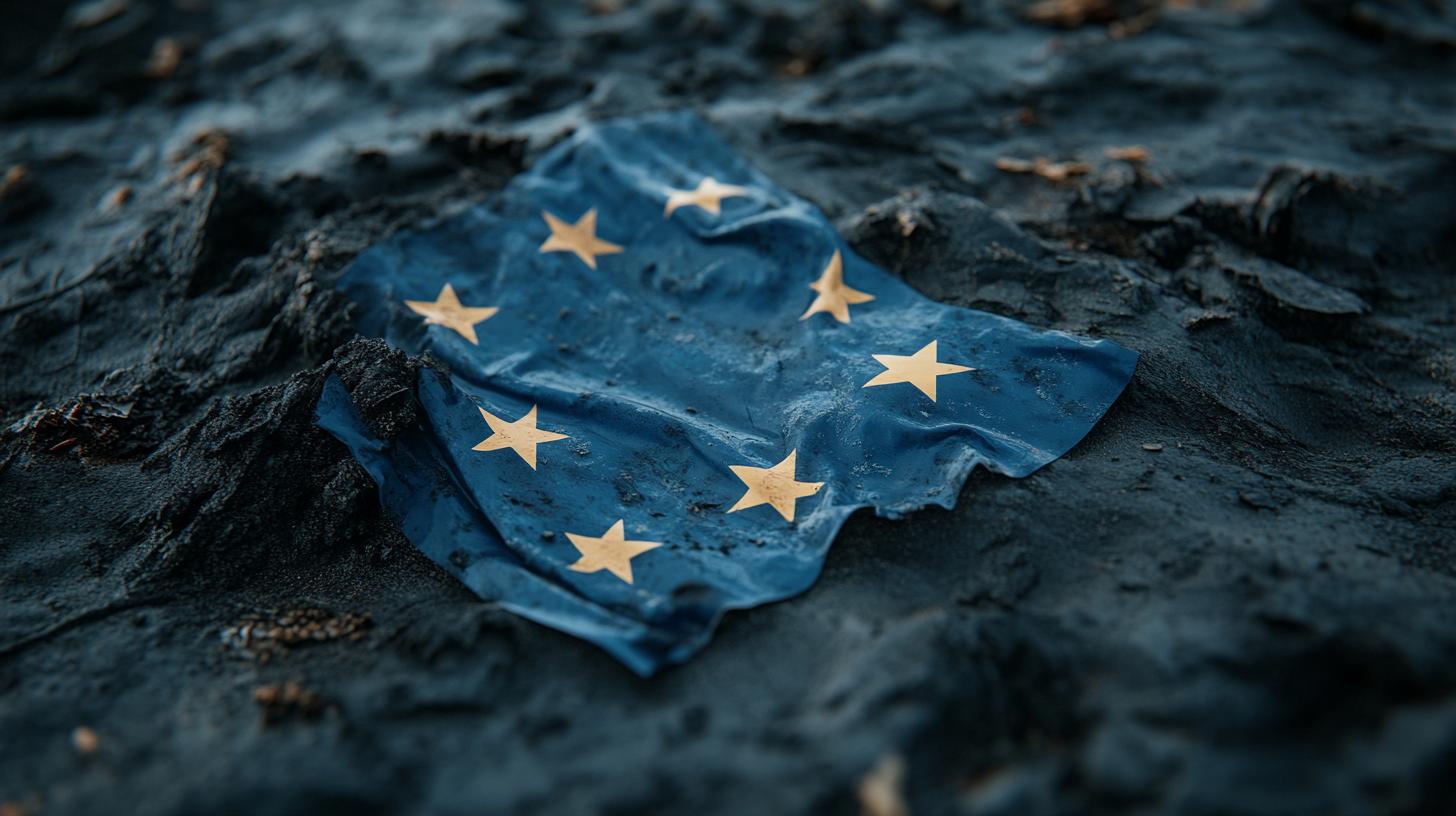In a groundbreaking decision, Google has announced it will cease all political advertising in the European Union as new transparency regulations loom on the horizon. These regulations, slated for enforcement in October 2025, mandate comprehensive transparency in political ads across the EU, posing significant challenges for Google in adhering to the diverse definitions across its 27 member states.
This move extends to YouTube, representing yet another instance of Google adapting to regional regulatory demands. A similar approach has previously been employed in countries like France and Canada, where navigating local regulatory landscapes proved challenging.
Since 2019, Google has been upholding certain transparency policies for political ads in the EU, including identity verification and financial disclosure requirements. However, the forthcoming rules under the TTPA require more stringent measures such as explicit labeling and detailed expenditure reporting for political content.
The overarching aim of this new EU legislation is to safeguard elections from undue influence and ensure voters are well-informed. This involves platforms seeking explicit consent for targeted political advertising, shifting the landscape markedly.
Despite acknowledging the potential of political ads in disseminating campaign messages, Google aims to foster information access through alternative initiatives designed to curb misinformation. The impact of this significant policy shift on political parties and voters in Europe remains to be seen, as stakeholders prepare to navigate this new terrain in the digital advertising ecosystem.
Google’s Bold Move in the EU: What It Means for the Future of Digital Advertising
Google’s recent decision to halt all political advertising in the European Union presents a fascinating case study in how tech giants navigate the rapidly shifting landscape of digital regulation. With new EU transparency regulations set to take effect in October 2025, Google faces a complex web of compliance challenges. This creates ripples not just in Europe but globally, prompting intriguing questions about the future of technology, democracy, and information dissemination.
Adapting to Change: A Global Perspective
Google’s adaptation to regional regulations is not unprecedented. Similar steps have been taken in France and Canada, adhering to local laws. Yet, the European Union’s stance is particularly impactful, given its 27-member state complexity. This emphasizes one key question: Can global tech corporations balance regulatory compliance with their operational models?
Implications on Democracy and Technology
The crux of the EU’s new regulations is to fortify election processes. By enforcing stringent transparency in political advertising, the EU aims to inform voters more comprehensively, combating misinformation. This move has both advantages and disadvantages.
Advocates argue that increased transparency promotes fairness and prevents manipulation. It builds trust in digital platforms and political processes alike. However, critics worry that such measures might lead to a scenario where only the well-resourced can afford to navigate complex regulatory requirements, potentially stifling free speech.
The Role of Technology in Ensuring Compliance
One must ponder: How will technology itself evolve to meet such demanding regulatory frameworks? Google’s cessation of political ads is a dramatic step, but it might also accelerate tech innovation aimed at compliance automation. We could see advancements in AI systems designed to verify ad content and ensure transparency at scale, creating a new niche of technology services.
The Conversation Continues
As the digital world rapidly evolves, so does the discourse surrounding technology’s role in democracy. Does the cessation of political ads by a behemoth like Google mark a retreat from the responsibility to facilitate political discourse? Or is it a necessary recalibration in the wake of new challenges posed by digital misinformation?
Google’s decision hints at a future where the responsibility of running political ads might increasingly shift to platforms specifically designed for this purpose, rather than giant, generalized networks.
The debate about digital advertising regulation and its impact on democracy is far from over. It’s a conversation that touches on the core values of transparency, fairness, and information freedom.
For more information on corporate transparency and digital regulation, you might visit Transparency International or explore technological advancements at TechCrunch.







